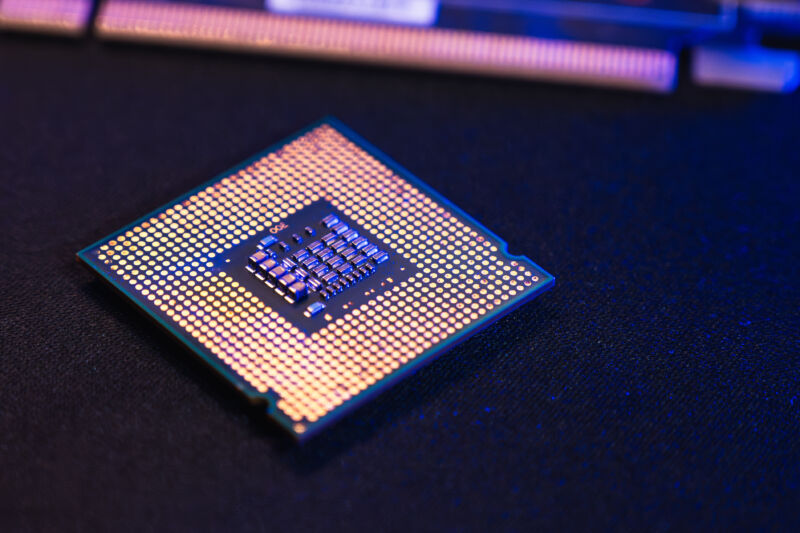
India’s plan to let a moratorium on imposing customs duties on cross-border digital e-commerce transactions expire may end up hurting India’s more ambitious plans to become a global chip leader in the next five years, Reuters reported.
It could also worsen the global chip shortage by spiking semiconductor industry costs at a time when many governments worldwide are investing heavily in expanding domestic chip supplies in efforts to keep up with rapidly advancing technologies.
Early next week, world leaders will convene at a World Trade Organization (WTO) meeting, just before the deadline to extend the moratorium hits in March. In place since 1998, the moratorium has been renewed every two years since—but India has grown concerned that it’s losing significant revenues from not imposing taxes as demand rises for its digital goods, like movies, e-books, or games.
Hoping to change India’s mind, a global consortium of semiconductor industry associations known as the World Semiconductor Council (WSC) sent a letter to Indian Prime Minister Narendra Modi on Thursday.
Reuters reviewed the letter, reporting that the WSC warned Modi that ending the moratorium “would mean tariffs on digital e-commerce and an innumerable number of transfers of chip design data across countries, raising costs and worsening chip shortages.”
Pointing to Modi’s $10 billion semiconductor incentive package—which Modi has said is designed to advance India’s industry through “giant leaps” in its mission to become a technology superpower—the WSC cautioned Modi that pushing for customs duties may dash those global chip leader dreams.
Studies suggest that India should be offering tax incentives, not potentially threatening to impose duties on chip design data. That includes a study from earlier this year, released after the Semiconductor Industry Association and the India Electronics and Semiconductor Association commissioned a report from the Information Technology and Innovation Foundation (ITIF).
ITIF’s goal was to evaluate “India’s existing semiconductor ecosystem and policy frameworks” and offer “recommendations to facilitate longer-term strategic development of complementary semiconductor ecosystems in the US and India,” a press release said, partly in order to “deepen commercial ties” between the countries. The Prime Minister’s Office (PMO) has also reported a similar goal to deepen commercial ties with the European Union.
Among recommendations to “strengthen India’s semiconductor competitiveness,” ITIF’s report encouraged India to advance cooperation with the US and introduce policy reforms that “lower the cost of doing business for semiconductor companies in India”—by “offering tax breaks to chip companies” and “expediting clearance times for goods entering the country.”
Because the duties could spike chip industry costs at a time when global cross-border data transmissions are expected to reach $11 trillion by 2025, WSC wrote, the duties may “impede India’s efforts to advance its semiconductor industry and attract semiconductor investment,” which could negatively impact “more than 20 percent of the world’s semiconductor design workforce,” which is based in India.
The prime minister’s office did not immediately respond to Ars’ request to comment.
>>> Read full article>>>
Copyright for syndicated content belongs to the linked Source : Ars Technica – https://arstechnica.com/?p=2005621










